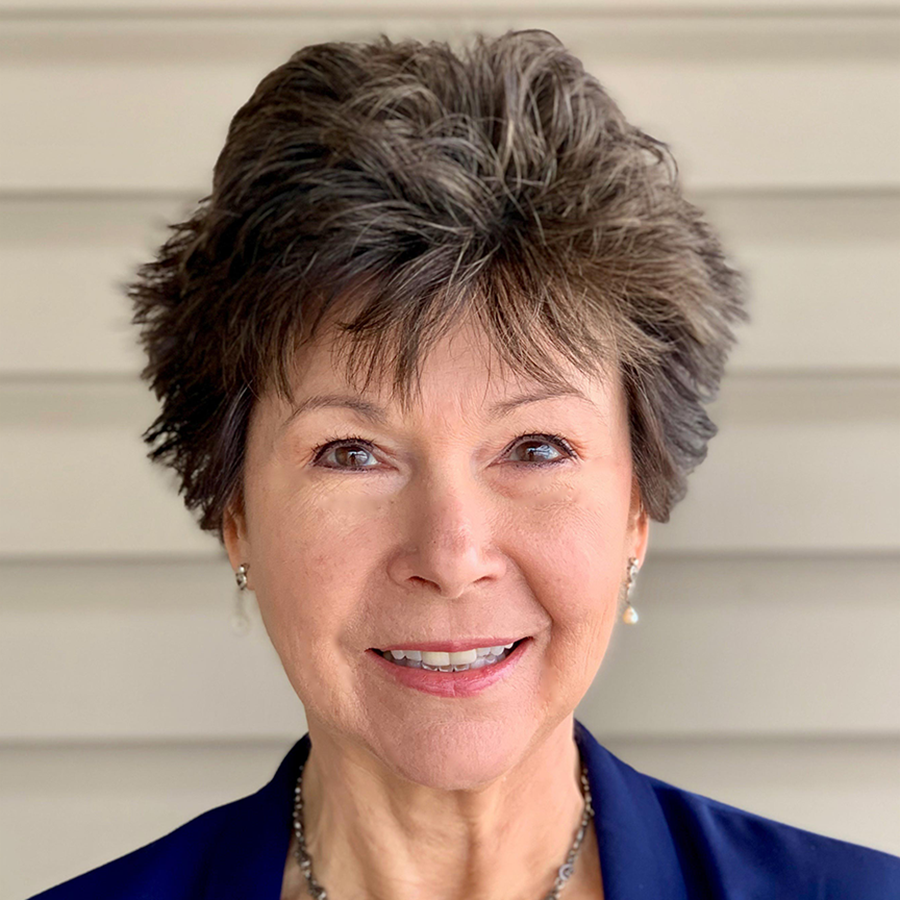By Monica Lefton, Communications Manager.
Dr. Jill Becker was working in a kindergarten classroom on her way to an early childhood education degree from the University of Kansas when she first became fascinated with the brain:
“There were two little boys in class who, by the end of kindergarten, were reading at a sixth-grade level, and another little boy who was still working on the first words in a beginner book. I thought, ‘We’re using the same reading procedure for everyone, so the brain must be involved here.’ I wanted to understand what was going on in the brain.”
She made the decision to switch paths and pursue a neuroscience degree, and graduated from the University of Kansas in 1976. She continued her study of the brain and memory at the University of Illinois, Urbana-Champaign, where she received a PhD in neuroscience in 1980. Since then, she has continued to study biological sex differences related to the brain—specifically the effects of dopamine release in females and males and its importance in sex differences in motivation and addiction. Dr. Becker notes that when she began her work in the 1970s, the brain was thought to be the same in men and women and addiction was often thought of as a male-dominated issue; but, over time, Dr. Becker has seen the study of sex differences gaining prominence, recognition, and in many areas, new funding. Dr. Becker served on the SWHR Board of Directors, chaired SWHR’s Interdisciplinary Network on Sex, Gender, Drugs, and the Brain, and was a founding member of the Organization for the Study of Sex Differences (OSSD) in 2006. SWHR honored Dr. Becker with the Health Education Visionary Award during its 30th Anniversary Annual Awards Gala in 2020.
In 2021, Dr. Becker took on the role of editor-in-chief at Biology of Sex Differences (BSD), the official journal for (OSSD) and a publication of the Society for Women’s Health Research (SWHR). This open-access, peer-reviewed journal focuses on sex differences in physiology, behavior, and disease. Dr. Becker recently spoke with SWHR to share her interest in taking the helm of the journal and her vision for it moving forward.
Notably, Dr. Becker wants to continue previous leaders’ Dr. Jane Reckelhoff and Dr. Art Arnold successes in driving journal submissions and improving its recognition and standing. Despite the coronavirus pandemic’s effect on journal submission and review trends, Dr. Becker is eager to continue expanding the journal’s reach.
“I saw from past leaders how important it is for the journal to have someone who is connected to the community and can drive the submission of manuscripts, and while it has been especially hard during the pandemic, I feel I can help do that,” Dr. Becker said. “With BSD being the journal for OSSD, I also thought there needed to be a clear tie between the two. Because I’ve been around for so long in the field of sex differences, I can be someone who makes that bridge stronger than it has been.”
Another area of opportunity lies in the journal’s impact factor, the measure of the frequency with which the average article in a journal has been cited in a particular year. BSD currently has an impact factor of 5, a solid value that Dr. Becker hopes to see grow over the next decade. She is optimistic about the potential to increase the journal’s impact factor, particularly given BSD’s unique, comprehensive reach that stretches beyond a specific focus area within health, medicine, or science.
“BSD is a journal that reaches all aspects of sex differences in humans and other species. For authors in BSD, it is the opportunity to reach a broader audience than what you might see in a more specialized journal,” said Dr. Becker.
Further, BSD is putting a strong team in place to advance the journal. BSD recently welcomed Licy L. Yanes Cardozo, M.D. as an associate editor—who will join Associate Editor Jeanette H. Magnus, M. D. and plans to bring on additional editorial board members this year.
Entering 2022, Dr. Becker hopes to create a few thematic, focal issues for the journal, drawing in new submitters and researchers who may be attracted to a specific topic within sex differences, such as development of sex differences or differences in sexual disorders. She also plans to work more frequently with partners, such as OSSD, and is exploring ways to do this, such as bringing BSD authors to OSSD events.
The partnerships between BSD, OSSD, SWHR, and others, are crucial to advancing understanding of sex differences and driving women’s health research forward:
“We should all be trying to work together to get information out to the public so everyone understands how important it is to study differences in sex,” said Dr. Becker. “Differences in biology are fundamental to taking care of ourselves. We need to understand sex differences, because if you treat a woman like a small man, she’s going to get the wrong treatment…The research in this journal is part of the knowledge we need to treat women as well as we can—and to treat men better too. When we know more about sex differences, we get better treatment for all.”
Read more about Dr. Becker on the SWHR blog here. Read the latest Biology of Sex Differences articles here, sign up for the BSD newsletter here, and follow BSD on Twitter here. Learn more about the Organization for the Study of Sex Differences here and follow OSSD on Twitter here.
